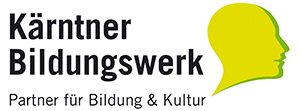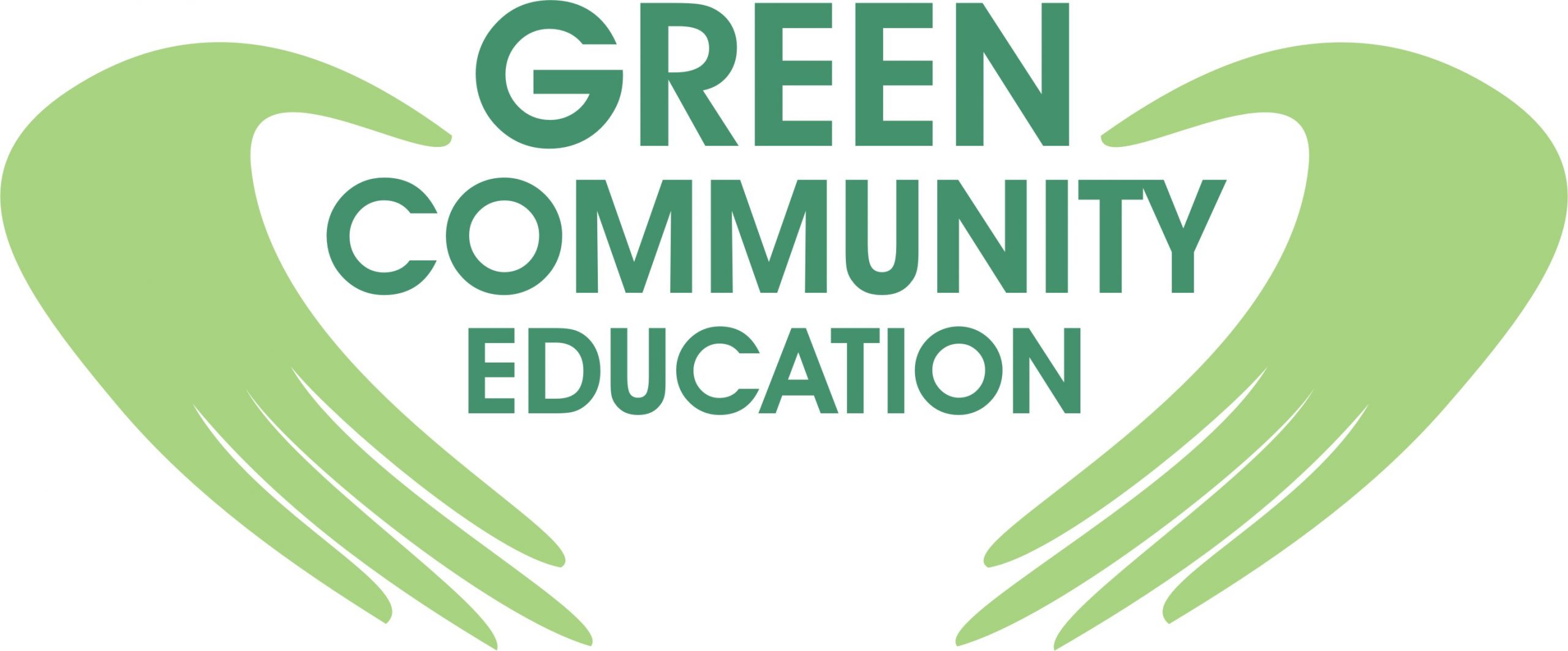
Erasmus+ Bildung: CEduP
Community Education in the field of environmental and climate protection as potential for civil society engagement (CEduP)
 |
 |
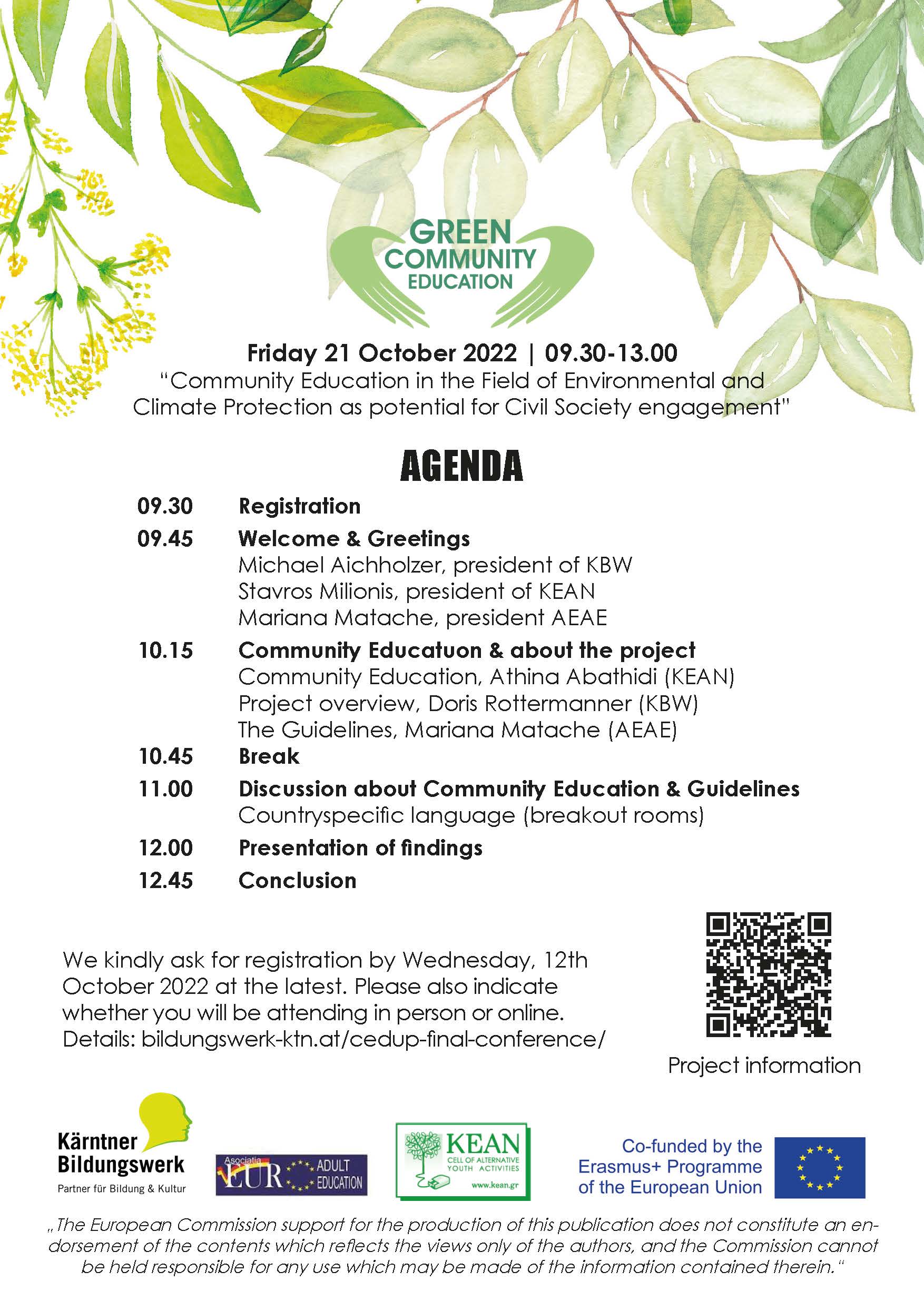 |
PROJECT DURATION
November 01, 2020 – October 31, 2022
Rural and urban areas face different challenges when it comes to how civil society commitment can meet the challenges of climate change. Strategies for adaptation to climate change must aim, among other things, to encourage citizens to work together on sustainable solutions to future challenges in order to maintain their own quality of life. On November 1, 2020, the exchange project anchored in the EU’s Erasmus+ Education program started with the official title „Community Education in the Field of Environmental and Climate Protection as Potential for Civil Society Engagement“. Together with the project partners from Greece and Romania, processes and methods of community education are collected, evaluated and prepared for climate protection issues in the partner countries.
The project partners‘ experience with community education processes in different areas will be used to learn from each other and to implement components for successful community education processes in the field of environmental and climate protection.
TOPICS & PRIORITIES
Common values, civic engagement and participation
Environmental and climate goals
PROJECT PARTNERS
Kärntner Bildungswerk Betriebs GmbH (AUT) – Project leader
Asociatia Euro Adult Education (ROU) – Project partner
Cell of Alternative Youth Activities KEAN (GRC) – Project partner
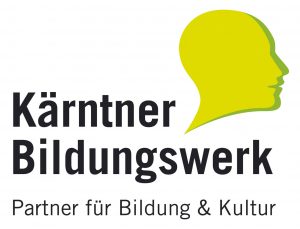 |
 |
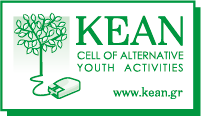 |
CONTACT & RESPONSEBILITY
Kärntner Bildungswerk Betriebs GmbH
Doris Rottermanner BA MA
T: 0463/536-576 24 | M: doris.rottermanner@kbw.co.at
GOALS & OUTPUT
The overall aim of the project is to activate civil society engagement in the field of climate protection. Furthermore, the project aims at developing options for action for citizens in rural and urban areas, raising awareness of climate change issues and promoting a change towards a more sustainable way of life. Through the exchange of experiences with different framework conditions in rural and urban areas, components for successful community education in the field of environmental and climate protection will be identified and published as output of the project in guidelines. These guidelines are a concrete result of the project which include community education methods that can be applied in the field of environmental and climate protection for citizens in urban and rural areas to activate and motivate them to design their own living space.
These results will be presented at a final conference to the respective local network partners of the project partners and their main local, regional and national stakeholders (at least 10 organisations).
The project offers institutions concrete support in form of these guidelines to activate citizens in urban and rural regions to participate in shaping their own living space. Stakeholders are made aware of community education methods through the project, which we expect to increase the appreciation of community oriented approaches.
Concrete goals:
- Development of criteria for good practice for community education in the field of environment and climate protection.
- Collection and analysis of a total of 12 methods for community education, which are suitable for the topic environment and climate protection.
- Adaptation of a total of 12 methods for community education, which are suitable for the topic environment and climate protection, to the conditions of the project partner countries.
- Development of the guidelines „Components for successful community education in the field of environment and climate protection“ as digital and printed version.
- Dissemination of the developed guideline to local organizations initiating community education processes.
- Exchange of experiences in implementing community education processes under different conditions in rural and urban areas (learning from each other)
ACTIVITIES
- Collection of processes & methods of community education
Based on a successfully implemented community education process of each partner organization, contained methods are worked out and divided into 4 method categories in order to enable a structured analysis and subsequent presentation. Thus a portfolio of established methods from different partner countries will be created and prepared for further analysis and adaptation. The method categories are:
(1) activating methods
(2) Methods of cooperation
(3) Implementation methods
(4) Valuation methods - Definition of criteria for good practice
The criteria for good practice are defined jointly and include an institutional and a participant perspective. The combination of institutional and participant perspective aims at a high quality of the selected and analyzed methods. For this purpose, two questionnaires will be prepared, which each partner organization will use to survey the two survey groups (institutions & participants). From an institutional point of view, persons from the own organization as well as persons from network partners will be interviewed. The participant-oriented views are collected from people who have already participated in community education processes. For each specific questionnaire, at least 15 persons are interviewed. - Selection and adaptation of community education methods
For each project partner 8 methods (2 per method category) are selected and checked for their transferability to the topic of environmental and climate protection as well as compliance with the criteria for good practice. A total of 3 methods per category (12 in total) will be selected for detailed analysis and adaptation to the topic of environmental and climate protection and the respective framework conditions in the partner countries. Each project partner carries out the adaptation of the methods to their own framework conditions and to the topic of environmental and climate protection independently.
Together the project partners agree on 3 methods per category (12 in total) for detailed analyses and adjustments to the topic of environmental and climate protection and the respective framework conditions in the partner countries. The remaining 5 methods per project partner are described in the guidelines „Components for successful community education in the area of „environmental and climate protection“ as further possibilities. - Creation & presentation of guidelines for good practice
The results of the project will be collected in guidelines and made available to stakeholders and network partners for further use. This guideline is entitled „Components for successful community education in the area of environment and climate protection“ and is available in digital (download via the project partners‘ websites) and printed form. The primary presentation will be a virtual final conference to which the listed actors and network partners of the project partners will be invited.
IMPORTANT DATES
- 1st Transnational Project Meeting: February 22-24, 2021 | Austria (Klagenfurt)
- 2nd Transnational Project Meeting: September 27-29 September, 2021 | Greek
- 3rd Transnational Project Meeting: May 02-94, 2022 | Romania (Bucharest)
- 4th Transnational Project Meeting: September 26-28, 2022 | Austria (Klagenfurt)
- Virtual Final Conference: Friday, October 21, 2022
DOWNLOADS
- Project Folder
- Article: Community Education for more climate protection (DE)
- Article: Community Education – a foreign word with practical relevance (DE)
LINKS:
- Offical platform for project results: „Community Education in the field of environmental and climate protection as potential for civil society engagement“
- Artikel auf EPALE: Status quo of the project | 24. März 2022
PRE-REGISTRATION FOR VIRTUAL FINAL CONFERENCE
